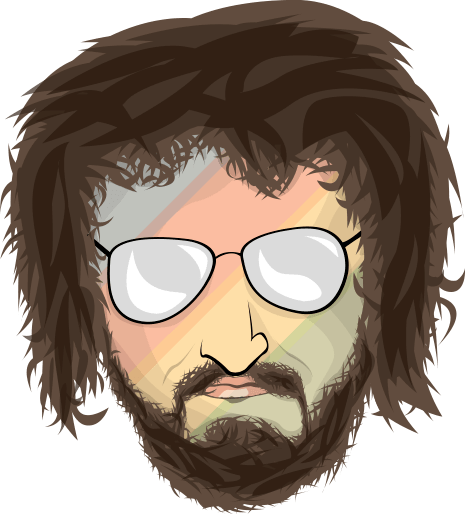Taking Seth Godin's Bootstrapper's Workshop
I joined TBW 2 months ago, and it's been great so far. I decided to take part because I've been enjoying Seth Godin's content a lot, specially his blog and podcast. The format of the workshop also got my attention, with a focus on asynchronous communication and leveraging the cohort.
There is still ~1.5 months to go, so I'll be sure to get the best out of it.
Activity
Task started
Today I completed lesson 7 (of 10). One of the main points that made me ponder was thinking about "status". Seth has a whole podcast episode talking about this, and looking back I realize I need to listen again because I didn't learn properly.
I assumed this doesn't affect me as much, because I try not to make decisions or let myself be influenced by "status" (I think that's similar to discrimination). Like Seneca said:
I shall never be ashamed of citing a bad actor if the line is good.
I try to judge and make decisions based on a fundamental level, not the source.
But the reality is that I am affected by this, even if it is on a subsconcious level. And status are not only limited to what I thought, affiliations and feeling identified with something is part of the "status roles" Seth talks about. It's also important to be aware and understand them if I want my work to help other people.
So yes, I'll listen to that episode again.
Lesson 8 completed. This one was focused on which assets I'm creating with my work that I can leverage later.
I realized it isn't as straightforward as one may think, because there are many assets that end up being useless and some things we regard as unimportant can end up yielding the best results.
So yeah I'm not sure of that, but at least I know this Open Productivity approach is an asset that I'm building. I did this kind of reflections before, but I wasn't posting them anywhere, so they were "lost" in a sense.
Now you can read this and it can be useful for someone else :D.
Lesson 9 completed, only one left!
This time Seth asked us to write a business plan. I have to say, I have a love/hate relationship with business plans. They can be one of the best things you do to provide clarity or they can be one of the worst things to derrail you from your focus.
But the way Seth presented it is good :). For this workshop I chose to explore the possibility of creating an arquitecture of federated storage on the web (you can read more about it on this task). The problem I'm identifying is of course monetization, given that this is more a pet project than something I want to generate revenue with. But the lessons learned on this workshop are still valuable. In terms of knowing how to do bootstrapping in the future and how to better tackle my side projects.
Today I completed Lesson 10, in which I made a summary of what I learned through the workshop. My top takeaways were the following:
-
Smallest Viable Audience: Focus on the smallest viable audience, not the biggest. This will allow you to create real connections and not fall into the trap of pleasing everyone. This concept also ties neatly with the much-quoted concept of 1000 true fans by kevin kelly.
-
Tension: Quoting text from the workshop: "Tension is what we feel when something might not work and what we feel when we might be left behind or left out". I found this concept important to understand if a product or service is "good". I'd always thought about value proposition, but keeping this in mind also accounts for the context where a product will be served.
-
Assets & Compounding: I always thought compounding is very important and it's actually one of the keys to success. In the workshop the concept of assets is emphasized as "owning something makes the work you are doing easier over time". I found it useful to see them as the materialization of the compounding effect.
If you want to dig deeper into these concepts and everything I learned, Seth released a new book last month called This is Marketing. And for what I've heard in interviews and reading the abstract, it seems to cover the same topics. So I'll definitely read it myself at some point.
If you prefer to read bite-sized content, Seth's blog has got many posts talking about all of this, so head to the search page and start typing away.
The workshop will stay active until January 1st 2019, so I'll close this task then.
Task completed
